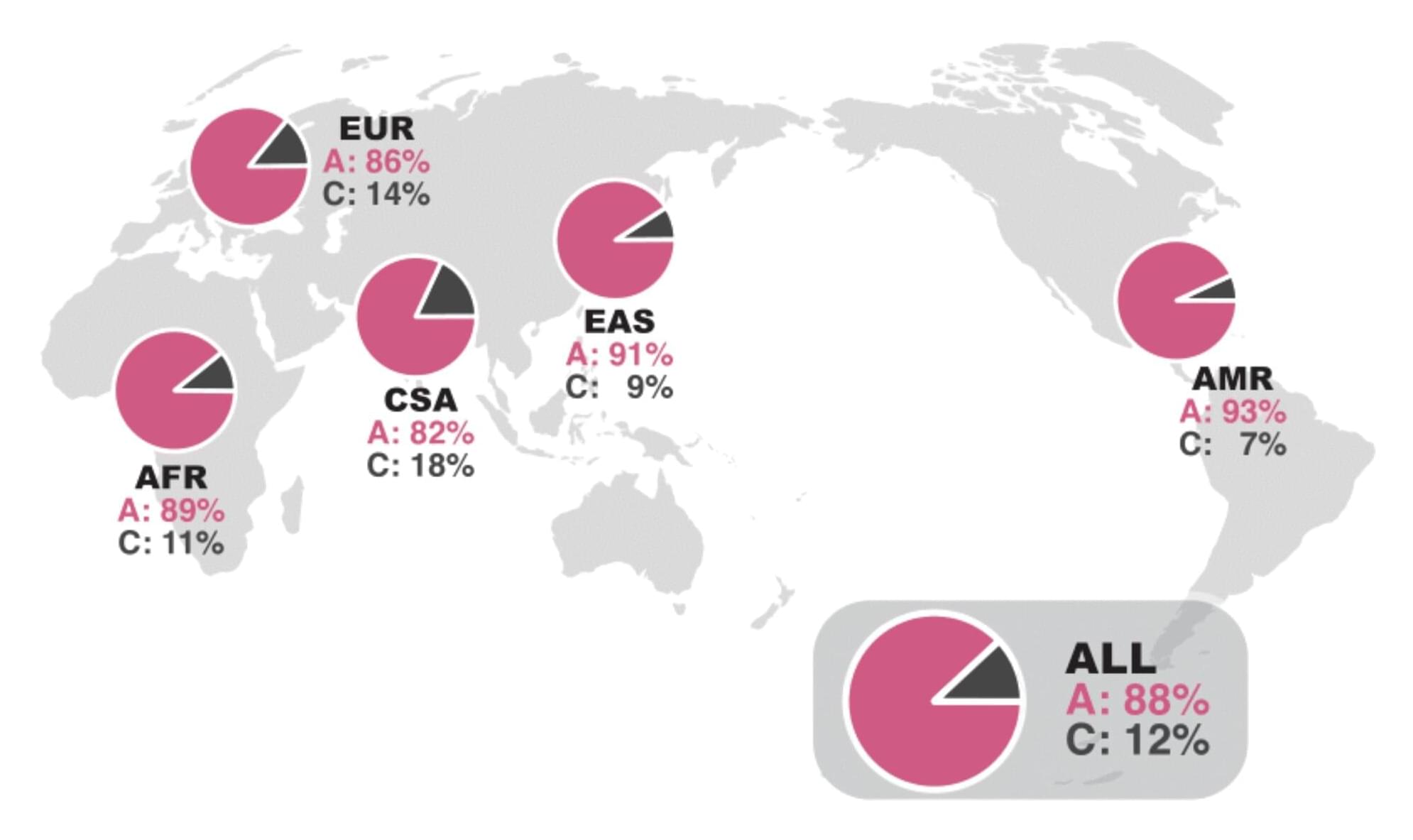The evolutionary success of our species may have hinged on minute changes to our brain biochemistry after we diverged from the lineage leading to Neanderthals and Denisovans about half a million years ago.
Two of these tiny changes that set modern humans apart from Neanderthals and Denisovans affect the stability and genetic expression of the enzyme adenylosuccinate lyase, or ADSL. This enzyme is involved in the biosynthesis of purine, one of the fundamental building blocks of DNA, RNA, and other important biomolecules.
In a study published in PNAS, researchers from the Okinawa Institute of Science and Technology (OIST), Japan and the Max Planck Institute for Evolutionary Anthropology, Germany have discovered that these changes may play an important role in our behavior, contributing new pieces to the great puzzle of who we humans are and where we come from.
